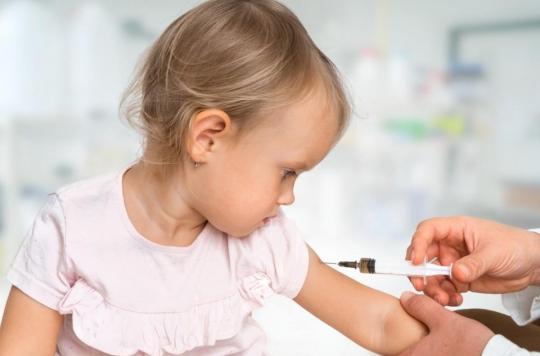Children who have received the seasonal flu vaccine are more asymptomatic.

- “Covid-19 positive children who received the flu vaccine this year are less likely to have respiratory problems or develop a severe form”.
Children intrigue. Since the start of the Covid-19 epidemic, they seem less affected than adults by the disease and little affected by serious forms. But they were suspected of being “supercontaminators“, thus accelerating the spread of the virus. study from the University of Missouri School of Medicine provides several answers on the links between Covid-19 and children. According to these researchers, children who have been vaccinated against seasonal flu are more likely to be asymptomatic.
Viral interference in question?
The research was carried out using medical data from 905 children, diagnosed positive for Covid-19 between February and August 2020. The scientists were interested in their vaccination history. “Covid-19 positive children who received the flu shot this year were less likely to have symptoms, trouble breathing or develop a severe form“, they indicate. The director of this research, Anjali Patwardhan, points out that the growth of a virus can be slowed thanks to a previous viral infection. “Che phenomenon is called viral interference, and it can appear even when the first virus is inactivated, as is the case with the flu vaccine..” The latter is not the only one to have an influence on Covid-19: the researchers also noticed that children who had been vaccinated against pneumococcal infections had a reduced risk of having symptoms.
Asymptomatic children, but more contagious?
“Research with children is paramount because although they usually do not have severe symptoms, they are a large population group, say the researchers. Thus, they could play a major role in managing the transmission of the virusThis observation is in line with that of Chinese researchers. In January, they demonstrated that children are more contagious than adults, in The Lancet. “While children and adolescents are less susceptible to infection than adults, they are more contagious once infected than those over 20. Cases under age 20 are nearly 60% more likely to infect others than cases age 60 or more“, conclude these scientists.

.















